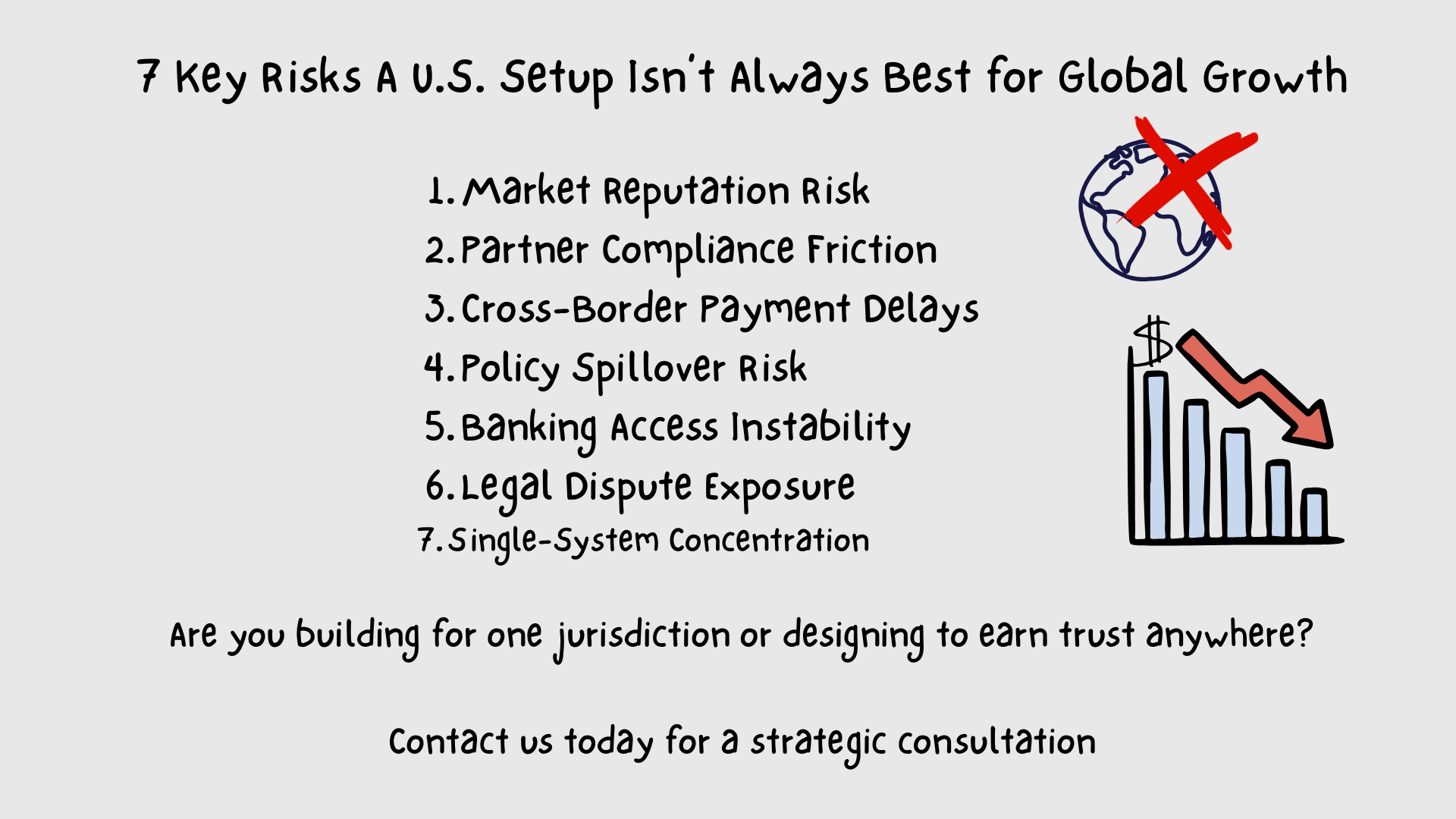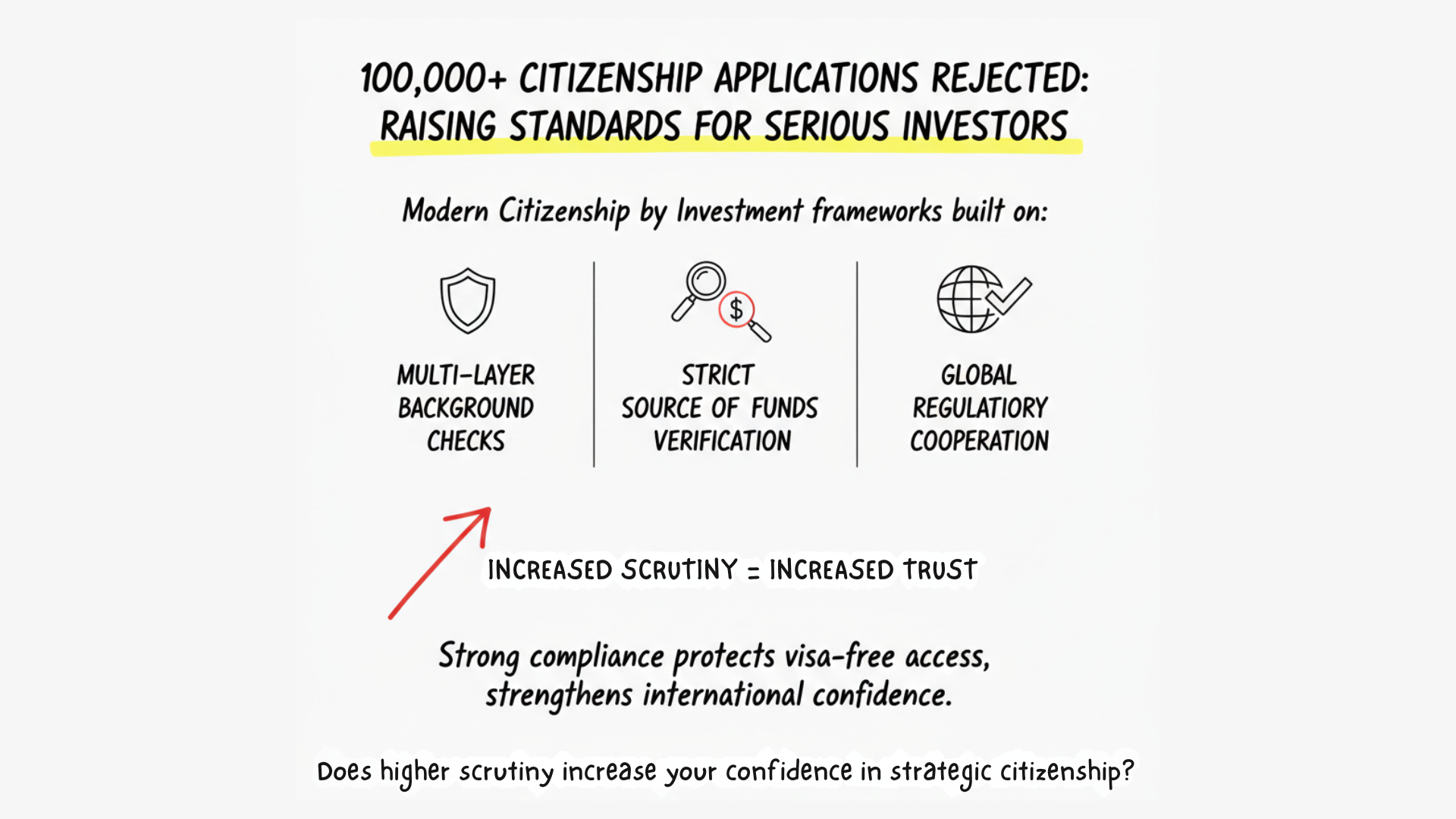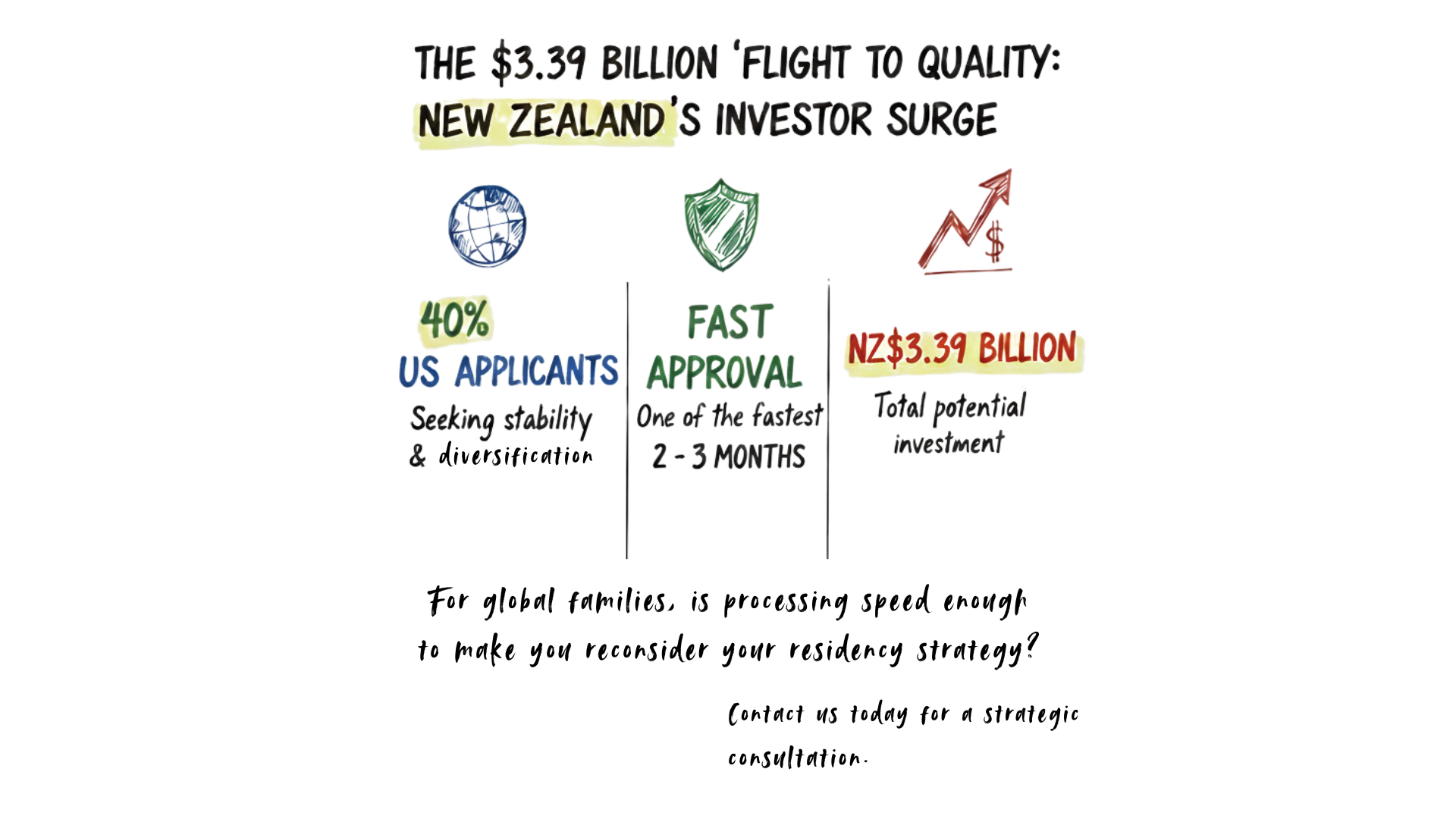Exit Taxes Are Changing the Game: What It Means to Truly Leave

Relocating your life, business or investments overseas has long been a cornerstone of wealth planning for HNWIs and entrepreneurs. Many assume that once you leave your home country, your tax obligations end there. But that assumption is under threat. The Netherlands is one example of a country moving toward rules that could keep taxing former residents long after they depart.
That raises a big question: if you move, are you truly free or still financially tied to your old tax home?
What Is an “Exit Tax”?
An exit tax (sometimes called an emigration or leaving tax) is where a country tries to secure a tax claim when someone gives up tax residency and moves abroad. Some features:
- The tax may be triggered when you move your residence out of the country.
- It may require you to treat unrealised gains (assets that have grown but not sold) as if they were sold now.
- It might apply not just immediately, but for years after departure.
- It is particularly aimed at people with substantial shareholdings, investments, or high value assets.
In the Netherlands, for example, there is already a regime for a director/major shareholder (“substantial interest”) which treats exit as a notional disposal of shares. Meanwhile, policymakers are exploring a broader exit tax scheme.
Here’s what we know so far:
- For someone who holds a “substantial interest” (at least 5% of shares in a company) and emigrates, the Dutch tax authorities impose what’s called a “preserving assessment” (in effect an exit tax) on the value of shares as if they were disposed.
- That preserving assessment may apply indefinitely (previously the deferral was for 10 years; since Sept 2015 it’s “unlimited”).
- On a broader front, a motion in October 2024 requested the Dutch government to explore a more general exit tax that could keep taxing international income and capital gains for up to five years after emigrating.
- The precise scope of who it will apply to, what assets will be caught, and how it will interact with tax treaties is still uncertain.
- There is also broader tax reform under way in the Netherlands: for example, reforms to the so‑called Box 3 regime (investment income/savings) and removal of certain non‑resident tax statuses for expats.
For global mobility and wealth structuring, this kind of tax change has several consequences:
- Freedom of movement vs tax exposure
- You might choose to relocate your tax residence (or your business structure) to a jurisdiction with lower tax. But if your former country imposes an exit tax, you may face a tax bill on unrealised gains or future income even though you’ve moved. That reduces the “freedom” of moving.
- Timing and structuring become critical
- If you know an exit tax rule is coming or may apply, the timing of your move, when you crystallise assets, how you hold them, where the legal entity sits, all become more important. Moving without planning could trigger large unexpected tax obligations.
- Holding structures and second residency/citizenship change from luxury to risk‑management
- What used to be a lifestyle choice, using second citizenship or residency by investment for mobility and tax planning, becomes core risk mitigation. You’ll want to structure so that you aren’t trapped by old tax regimes.
- Asset exposure and unrealised gains matter
- The exit tax can hit not just income you receive, but unrealised value growth (for example share‑value increases) while you were resident. This means your past accumulation can be “tagged” by your home country even after you leave.
If you are considering a move (or already have), and your home country is looking at exit‑tax style rules, you should ask:
- Does my home country have (or plan) a formal exit tax?
- What triggers it, emigration, change of tax residence, value of assets, holding in company, substantial interest?
- What kinds of assets or income are caught, shares, real estate, investments, pensions, savings?
- How long does the tax claim last after I leave? Is there a “tail” period?
- How does this interact with tax treaties and enforcement in my new country of residence?
- Can I accelerate or structure a sale/transfer of assets to avoid the tax or reduce exposure?
- Does relocating my company, or changing where earnings are sourced, help reduce the risk?
- Are there specific holding‑company, trust or entity restructuring steps I need to take before the move?
The Netherlands is one of several high‑tax countries considering how to “hold on” to tax claims when wealthy individuals relocate. As noted:
- Over 100,000 millionaires reportedly relocate each year.
- Wealth is mobile; traditional tax systems are less so. So governments are exploring new rules to stop “quiet exits” of top earners.
- For HNWIs and founders this means: tax is not just about rates, it’s about control. If a government can still reach your gains years after you’ve left, how mobile is your wealth?
- This raises deeper questions about how you design residency, citizenship, where you base your company, how you hold assets, and how you plan exits.

Let’s consider a hypothetical scenario:
You built a business in the Netherlands, you hold shares (say 10%) in a Dutch company, you accumulated significant unrealised growth. You decide to relocate (for example to a tax‑favoured jurisdiction).
- Under the preserving assessment regime, the Netherlands treats your shareholding as if you sold it on emigration. You thus get taxed on the value gain.
- If the new exit tax scheme comes into force and applies more broadly, you may also face a tax claim on your future income or gains up to five years after you leave (or perhaps unlimited for certain assets) even if you’re outside the Netherlands.
- If you fail to anticipate this, you may move and find yourself still owing tax to the Netherlands, which reduces the benefit of the move.
- The planning around when to move, what to sell or restructure beforehand, and how to hold assets abroad becomes a large part of your relocation strategy.
- Don’t assume relocation ends your tax risk. Stay alert to exit‑tax rules in your home country (or domicile).
- Plan ahead. The move isn’t just shifting address, it’s a structural change in how you hold assets, where you base your company, your residency and citizenship, and how you realise gains.
- Look for tail risks. Even after you leave, you might face tax claims if you held substantial interests, or the home country adopted exit tax rules.
- Use structures wisely. Holding companies, trusts, dual residency/citizenship strategies may help, but once exit‑tax laws come into play, you’ll need expert advice.
- Monitor legislative change. Countries like the Netherlands are actively debating reforms, what is proposed today might be enforced tomorrow.
Contact us if you are interested in Citizenship by Investment
Our expert advisors will have a 1-on-1 consultation to find the best solutions for you and your family and guide you through the procedure.
Don’t Let Exit Taxes Catch You Off Guard
For entrepreneurs and high-net-worth individuals, global mobility has long symbolized freedom, the ability to move your life, investments, and business across borders. But exit taxes are reshaping that freedom. As countries like the Netherlands look to secure long-term tax claims, the risk of being financially tethered even after relocation is real.
The key is proactive planning. Understand the laws, structure your assets wisely, and explore second citizenship or residency options before you move.
Ready to take control of your mobility?
Speak to our experts today to learn how strategic residency or citizenship by investment can protect your freedom and your wealth.
Share this blog
Frequently Asked Questions
Related Articles
Beijing Is Watching Your Wealth; Turkey Offers a Legal Pathway
In an era of rising financial scrutiny, global investors are taking action. Discover why 89% of Chinese HNWIs are exploring…
7 Key Risks A U.S. Setup Isn’t Always Best for
A cross-border business setup can boost global growth by reducing onboarding delays, payment friction, and concentration risk. This guide explains…
Why Citizenship by Investment Due Diligence Matters for Investors
Citizenship by Investment due diligence protects more than an application. It safeguards international credibility, visa free access, and long term…
Wealthy Americans Lead New Zealand Golden Visa Surge
Wealthy Americans are leading the New Zealand Golden Visa surge as investors prioritize stability and diversification. Billions in committed capital…
Second Residency Is Now A Top Three Global Wealth Priority
Second residency has quietly moved into the top tier of priorities for serious wealth holders. This article explains why investors…
UK Exit Tax 20% and the Future of Strategic Wealth
The UK Exit Tax 20% could significantly impact HNWIs, founders, and investors with substantial unrealized gains. This in depth analysis…
Greek Golden Visa Sees Record Turkish Investor Demand Surge
The Greek Golden Visa is seeing record demand from Turkish investors seeking EU residency, asset protection, and mobility. With participation…







